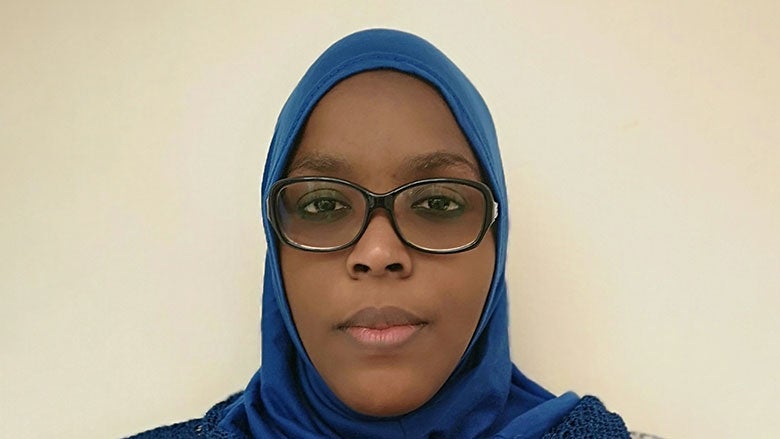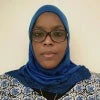
Not one of the 17 United Nations Sustainable Development Goals (SDGs) could be accomplished without digital. Information and communication technology (ICT) is increasingly disrupting our changing world. In Africa, the world's youngest continent, it is crucial to ensure Africa’s greatest resource, youth, will be able to adjust efficiently and effectively as new skills are redefined by the Fourth Industrial Revolution.
That’s why digital literacy is an imperative skill. For each African country, integration of computer science training in the national curriculum must be a reality. Everyone does not need to master all ICT skills areas, but it is necessary for all—regardless of backgrounds—to develop digital proficiency. We need more learning platforms such as Massive Open Online Courses with relevant content as well as collaborative platforms to successfully help young people improve their leadership mindset, networking skills and at the same time their productivity, confidence and competitiveness. These platforms must be carefully designed and implemented, keeping in mind the needs and expectations and meeting them.
For example, applying design thinking, a methodology that provides a solution-based approach to solving problems, can make a difference in analytical and critical thinking, and be a great asset in brainstorming meetings for better results. Getting more meaningful outcomes means making sure no one is left behind and giving a voice to those less heard.
That's where the data comes in. Data is the new currency for the digital age. The challenge is to have powerful data collection, analysis and visualization systems to support governments in strategic decision-making and stakeholder consultations. This is an opportunity to highlight i4policy, that is a pan-African movement of innovation hubs and community catalysts who support governments to improve innovation, entrepreneurship and youth employment policies. Governments cannot provide jobs for everyone, but they must create the conditions to allow everyone to get a job and ensure an inclusive economic growth. It becomes clear they must provide opportunities in promotion of the culture of entrepreneurship and support enabling entrepreneurship ecosystem.
We cannot talk about the digital economy without mentioning the need to ensure connectivity across Africa that involves ICT infrastructure deployment, internet access and rural and urban areas connections. Unlocking Africa's potential cannot be accomplished without having influential leaders and bridging the digital gender gap. Women have proven they are not just excellent in household chores and definitely have a role in the sustainable development.
We young people should be aware that we are the most valuable resource of our lovely continent. We should stand up to become a vibrant workforce and embrace Ubuntuism: “I am because we are, and we are because I am.”
As an old African proverb says, “If you want to go fast, go alone. If you want to go far, go together.” There is a lot to do. If we work hard, keep determination, perseverance, commitment and passion, we will be unstoppable to achieve the Africa we want, the Africa we deserve!
Rabiatou Harouna Moussa, a Nigerien national, is a winner of the World Bank Africa 2019 Blog4Dev regional competition.


Join the Conversation